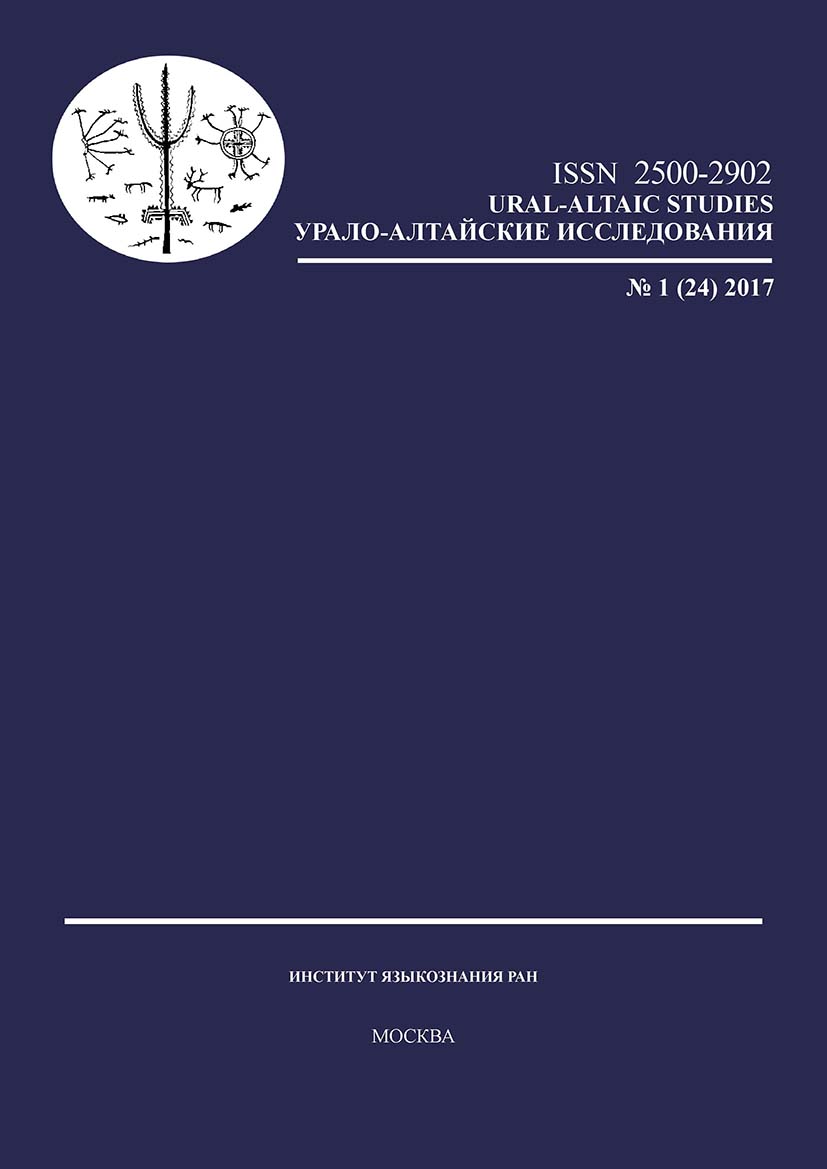Будет, будет и будет: о семантике времени в мишарском диалекте татарского языка
Will, will and will: on the semantics of tense in the Mishar dialect of Tatar
Author(s): Sergei TatevosovSubject(s): Language studies, Language and Literature Studies
Published by: Институт языкознания Российской академии наук
Keywords: future time reference; modality: quantification;
Summary/Abstract: The paper surveys grammatical devices of future time reference in the Mishar dialect of Tatar. As in many other languages, these devices, known as Present, Future I, and Future II, do not manifest clear semantic contrasts and exhibit overlapping distribution. After discussing existing perspectives on similar temporal systems in a variety of languages established in the typological and model-theoretic literature, I propose to analyze Future 2 as involving an unpronounced universal modal quantifier. A sentence in the future tense serves the scope of this quantifier, whereas the restrictor, phonologically silent, is analyzed, informally, as ‘no matter whether p’, where p is a contextually salient proposition.
Journal: Урало-алтайские исследования
- Issue Year: 2017
- Issue No: 01 (24)
- Page Range: 77-92
- Page Count: 16
- Language: Russian

